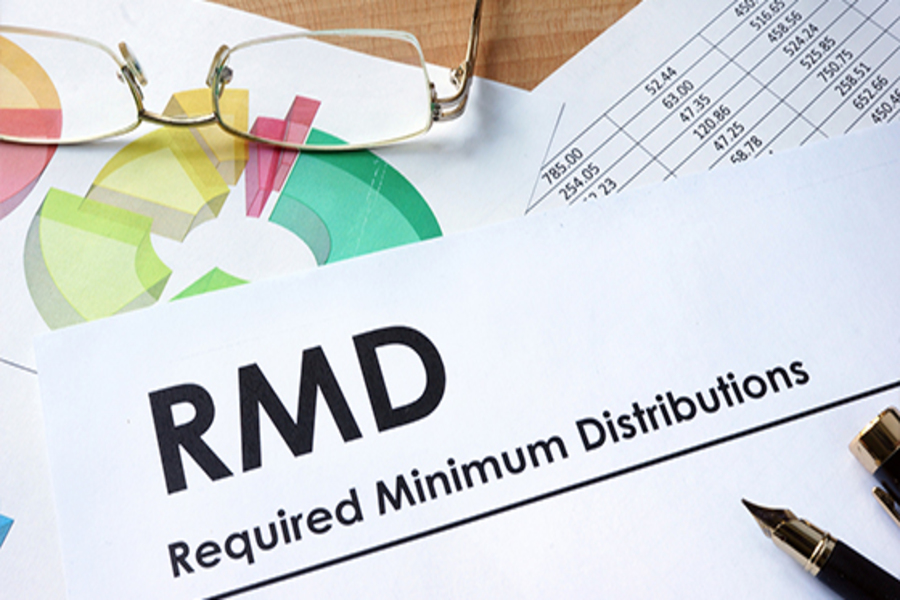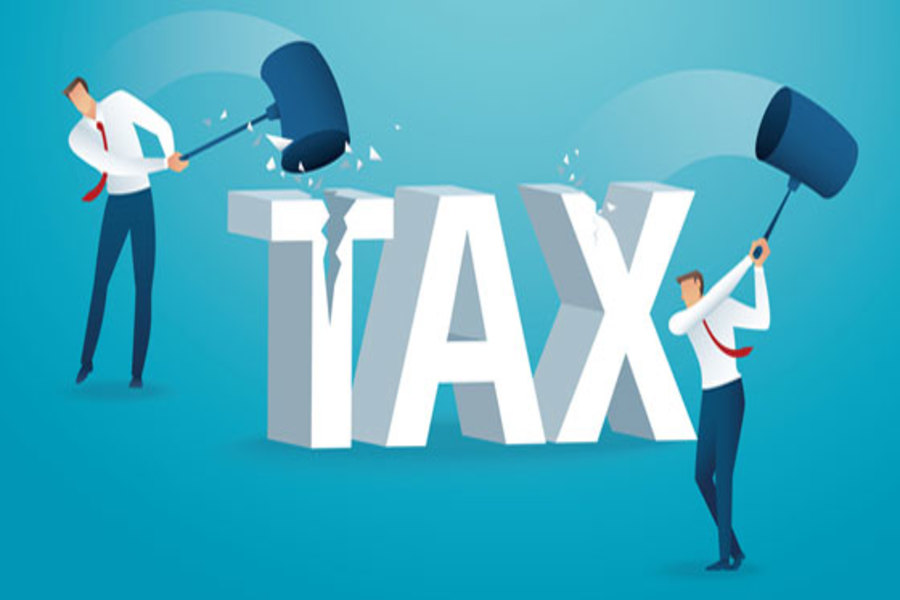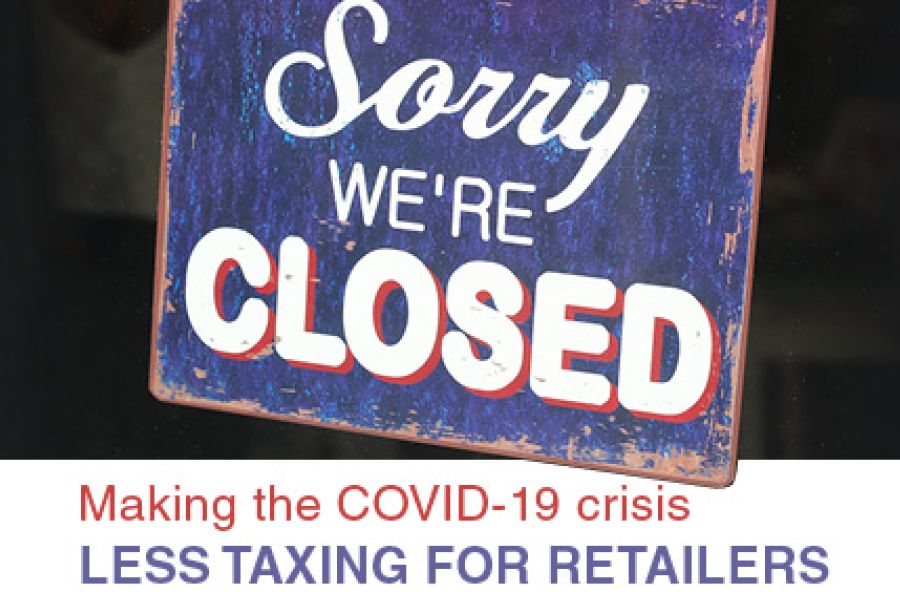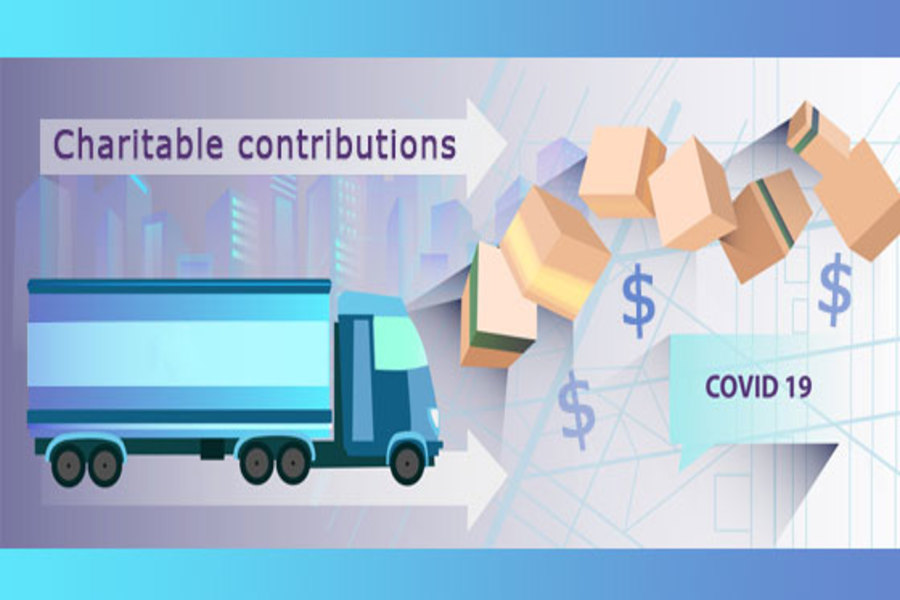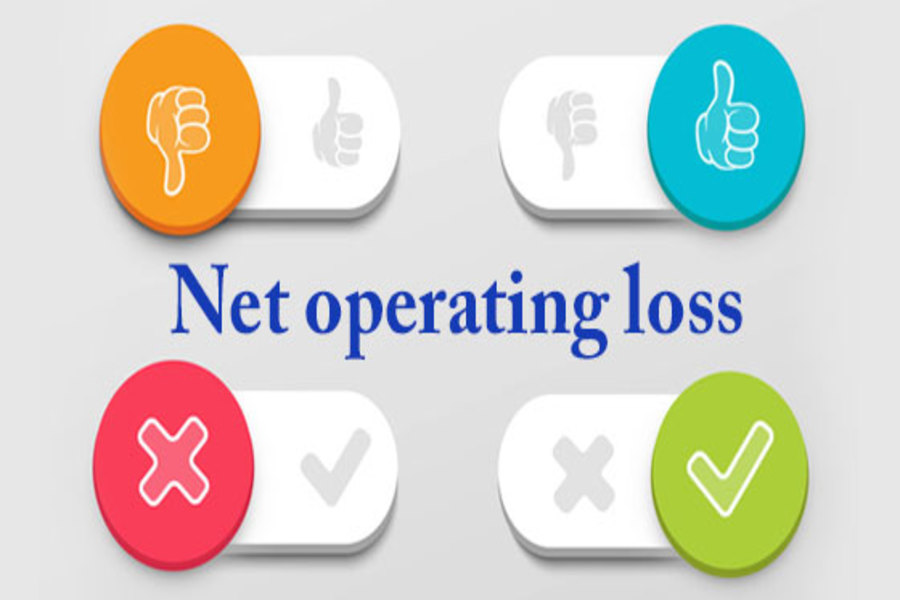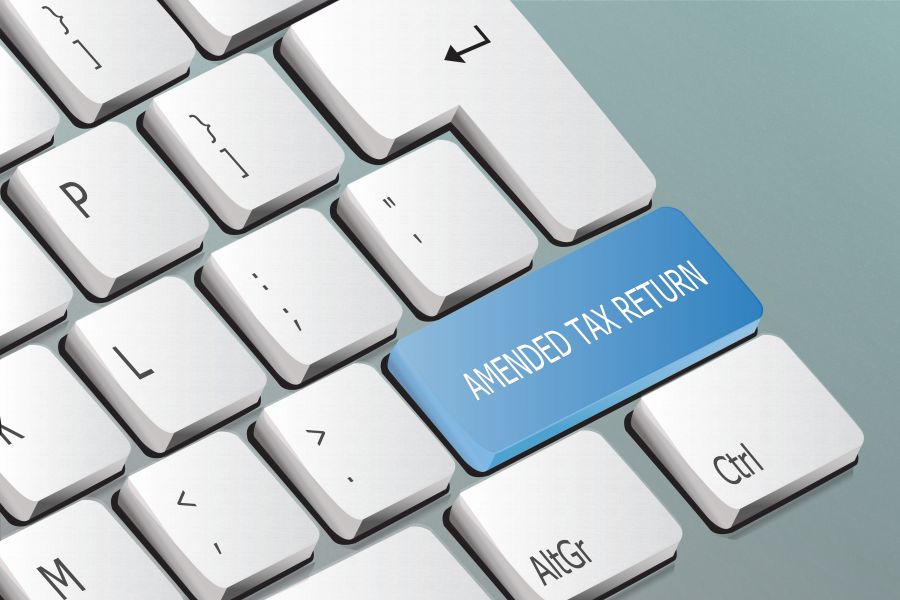If you have a traditional IRA or tax-deferred retirement plan account, you probably know that taking required minimum distributions (RMDs) is mandatory when you reach a certain age — or you’ll be penalized. The CARES Act, which passed last March, allowed people to skip taking these withdrawals in 2020 but now that we’re in 2021, RMDs must be taken again. The basics Once you attain age 72 (or age 70½ before 2020), you must begin taking RMDs from your traditional IRAs and certain retirement accounts, including 401(k) plans. In general, RMDs are calculated using life expectancy tables published by the IRS. If you don’t withdraw the minimum amount each year, you may have to pay a 50% penalty tax on what you should have taken out —...

The Coronavirus Aid, Relief and Economic Security (CARES) Act made changes to excess business losses. This includes some changes that are retroactive and there may be opportunities for some businesses to file amended tax returns. If you hold an interest in a business, or may do so in the future, here is more information about the changes. Deferral of the excess business loss limits The Tax Cuts and Jobs Act (TCJA) provided that net tax losses from active businesses in excess of an inflation-adjusted $500,000 for joint filers, or an inflation-adjusted $250,000 for other covered taxpayers, are to be treated as net operating loss (NOL) carryforwards in the following tax year. The covered taxpayers are individuals, estates and trusts that own businesses directly or as partners in a...
The economic impact of the novel coronavirus (COVID-19) is unprecedented and many taxpayers with student loans have been hard hit. The Coronavirus Aid, Relief and Economic Security (CARES) Act contains some assistance to borrowers with federal student loans. Notably, federal loans were automatically placed in an administrative forbearance, which allows borrowers to temporarily stop making monthly payments. This payment suspension is scheduled to last until September 30, 2020. But what about the deductibility of student loan interest? Deductibility of student loan interest Despite the suspension, borrowers can still make payments if they choose. And borrowers in good standing made payments earlier in the year and will likely make them later in 2020. So can you deduct the student loan interest on your tax return? The answer is yes, depending...
The extended federal income tax deadline is coming up fast. As you know, the IRS postponed until July 15 the payment and filing deadlines that otherwise would have fallen on or after April 1, 2020, and before July 15. Here's some ways to chip away at your 2019 business tax bill. Retroactive COVID-19 business relief The Coronavirus Aid, Relief and Economic Security (CARES) Act, which passed earlier in 2020, includes some retroactive tax relief for business taxpayers. The following four provisions may affect a still-unfiled tax return — or you may be able to take advantage of them on an amended return if you already filed. Liberalized net operating losses (NOLs). The CARES Act allows a five-year carryback for a business NOL that arises in a tax year...
(This is Blog Post #842)...
In light of the novel coronavirus (COVID-19) pandemic, many businesses are interested in donating to charity. In order to incentivize charitable giving, the Coronavirus Aid, Relief and Economic Security (CARES) Act made some liberalizations to the rules governing charitable deductions. Here are two changes that affect businesses: The limit on charitable deductions for corporations has increased Before the CARES Act, the total charitable deduction that a corporation could generally claim for the year couldn’t exceed 10% of corporate taxable income (as determined with several modifications for these purposes). Contributions in excess of the 10% limit are carried forward and may be used during the next five years (subject to the 10%-of-taxable-income limitation each year). What changed? Under the CARES Act, the limitation on charitable deductions for corporations...
As you may have heard, the Coronavirus Aid, Relief and Economic Security (CARES) Act allows “qualified” people to take certain “coronavirus-related distributions” from their retirement plans without paying tax. So how do you qualify? In other words, what’s a coronavirus-related distribution? Early distribution basics In general, if you withdraw money from an IRA or eligible retirement plan before you reach age 59½, you must pay a 10% early withdrawal tax. This is in addition to any tax you may owe on the income from the withdrawal. There are several exceptions to the general rule. For example, you don’t owe the additional 10% tax if you become totally and permanently disabled or if you use the money to pay qualified higher education costs or medical expenses New exception Under the CARES...
The Coronavirus Aid, Relief, and Economic Security (CARES) Act eliminates some of the tax-revenue-generating provisions included in a previous tax law. Here’s a look at how the CARES Act liberalizes NOLs, providing businesses with relief from the novel coronavirus (COVID-19) crisis. NOL deductions Basically, you may be able to benefit by carrying a net operating loss (NOL) into a different year — a year in which you have taxable income — and taking a deduction for it against that year’s income. The CARES Act includes favorable changes to the rules for deducting NOLs. First, it permanently eases the taxable income limitation on deductions. Under an unfavorable provision included in the Tax Cuts and Jobs Act (TCJA), an NOL arising in a tax year beginning in 2018 and later...
The law providing relief due to the coronavirus (COVID-19) pandemic contains a beneficial change in the tax rules for many improvements to interior parts of nonresidential buildings. This is referred to as qualified improvement property (QIP). You may recall that under the Tax Cuts and Jobs Act (TCJA), any QIP placed in service after December 31, 2017 wasn’t considered to be eligible for 100% bonus depreciation. Therefore, the cost of QIP had to be deducted over a 39-year period rather than entirely in the year the QIP was placed in service. This was due to an inadvertent drafting mistake made by Congress. But the error is now fixed. The Coronavirus Aid, Relief, and Economic Security (CARES) Act was signed into law on March 27, 2020...
The $2.2 trillion Coronavirus Aid, Relief, and Economic Security Act (CARES Act) delivers meaningful tax relief to individuals and businesses. Some of that relief is retroactive, which can affect 2018 and 2019 returns that have already been filed. One retroactive provision can, in some cases, go all the way back to 2013. Here is a summary of the CARES Act retroactive COVID-19 tax relief measures that can potentially benefit you or your business entity after amended returns have been prepared and filed. Taxpayer-friendly Rules for Deducting Net Operating Losses (NOLs) Business activities that generate tax losses can cause you or your business entity to have an NOL for the year. The CARES Act significantly liberalizes the NOL deduction rules and allows NOLs that arise in 2018–2020 to be...


